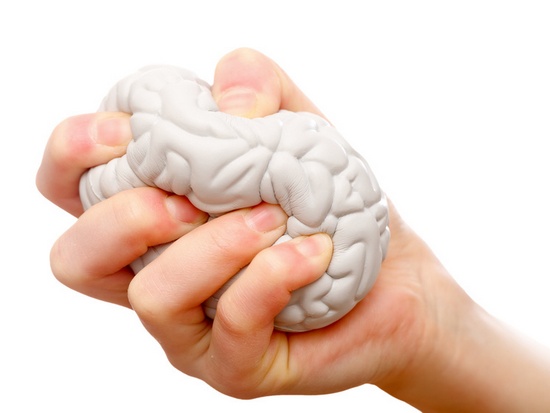Generalized anxiety disorder symptoms can vary. They may include:
. Persistent worrying or anxiety about a number of areas that are out of proportion to the impact of the events
. Overthinking plans and solutions to all possible worst-case outcomes
. Perceiving situations and events as threatening, even when they aren't
. Difficulty handling uncertainty
. Indecisiveness and fear of making the wrong decision
. Inability to set aside or let go of a worry
. Inability to relax, feeling restless, and feeling keyed up or on edge
. Difficulty concentrating, or the feeling that your mind "goes blank"
Physical signs and symptoms may include:
. Fatigue
. Trouble sleeping
. Muscle tension or muscle aches
. Trembling, feeling twitchy
. Nervousness or being easily startled
. Sweating
. Nausea, diarrhea or irritable bowel syndrome
. Irritability
There may be times when your worries don't completely consume you, but you still feel anxious even when there's no apparent reason. For example, you may feel intense worry about your safety or that of your loved ones, or you may have a general sense that something bad is about to happen.
Your anxiety, worry or physical symptoms cause you significant distress in social, work or other areas of your life. Worries can shift from one concern to another and may change with time and age.



 Contact Us
Contact Us






 Hospitals
Hospitals
 Doctors
Doctors
 Diagnostic
Diagnostic
 Pharmacy
Pharmacy
 Health Tips
Health Tips
 Blog
Blog

























Comments